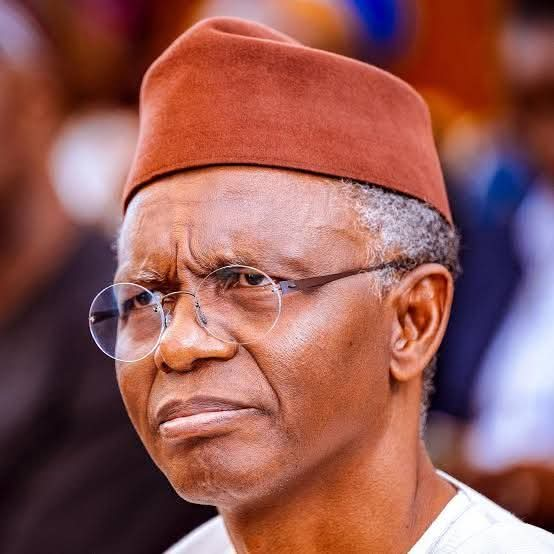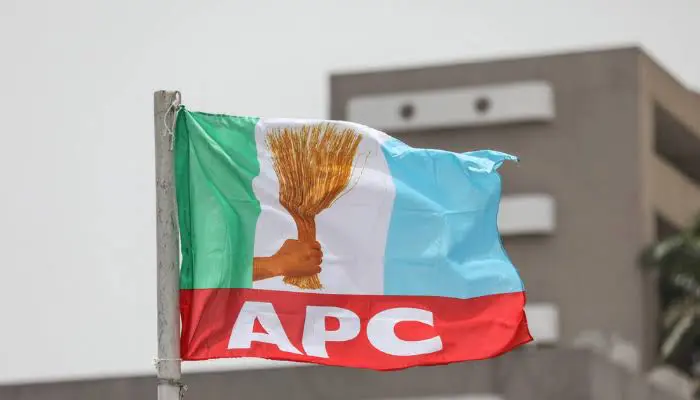A Nigerian political figure has dismissed speculation linking the upcoming 2027 elections to the recent passing of former President Muhammadu Buhari, asserting that President Bola Tinubu’s reelection prospects remain strong. Dayo Adeyeye, a former Minister of State for Works, argued during a weekend press briefing in Lagos that Tinubu’s support base in northern Nigeria and beyond is not contingent on Buhari’s legacy, countering claims that the late leader’s death could weaken the incumbent’s chances.
“The assumption that President Tinubu relied on Buhari’s influence to secure northern votes in 2023 is inaccurate,” Adeyeye told journalists. He emphasized that Tinubu’s political strategy had always been distinct, adding, “In fact, he will garner more votes in the north and other regions in 2027 than any candidate in the nation’s democratic history.” His remarks come amid broader discussions about shifting alliances in Nigeria’s political landscape following Buhari’s death in May 2024.
Adeyeye, a prominent member of the ruling All Progressives Congress (APC), pointed to recent internal alignments as evidence of Tinubu’s growing support. He cited a reported meeting of the Congress for Progressive Change (CPC), a party formerly led by Buhari, which he claimed had pledged overwhelming backing for Tinubu. “Ninety percent of CPC stakeholders are now aligned with him,” he said. “Their leadership affirmed this stance just weeks ago.”
The comments underscore evolving dynamics within Nigeria’s ruling coalition, where Tinubu has sought to consolidate power since taking office in 2023. Analysts note that while Buhari’s popularity in the north historically bolstered the APC’s electoral success, Tinubu’s administration has increasingly relied on regional partnerships and economic pledges to broaden its appeal. Critics, however, question whether these alliances will hold amid ongoing challenges such as inflation and security concerns.
Adeyeye’s confidence in Tinubu’s prospects reflects the APC’s efforts to project stability ahead of the next election cycle. With opposition parties yet to coalesce around a unified strategy, the ruling party appears focused on reinforcing its narrative of cross-regional unity. Yet, voter sentiment in the north—a critical battleground—remains uncertain, particularly as socioeconomic pressures persist.
As Nigeria navigates this transitional period, the interplay between legacy political ties and emerging alliances will likely shape the road to 2027. For now, Adeyeye’s statements signal the APC’s intent to frame Tinubu’s leadership as independently viable, distancing it from reliance on the shadow of his predecessor.



